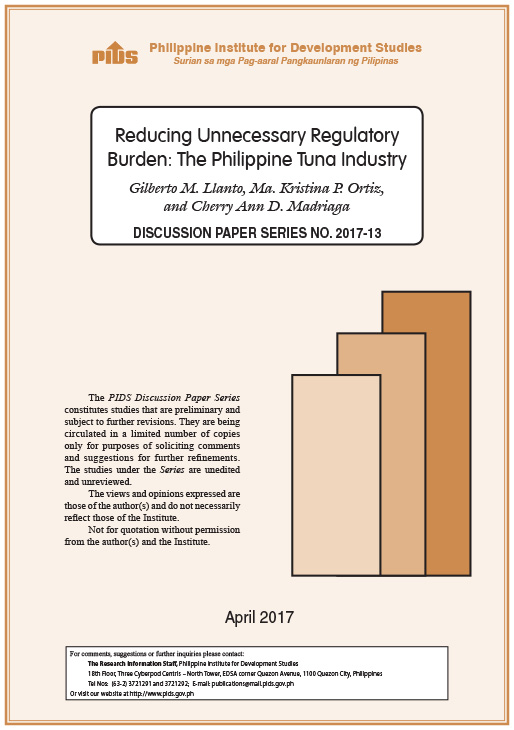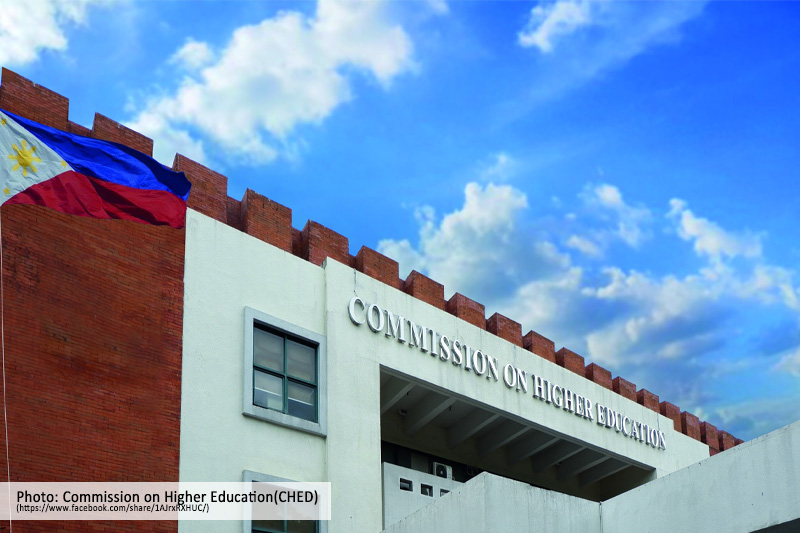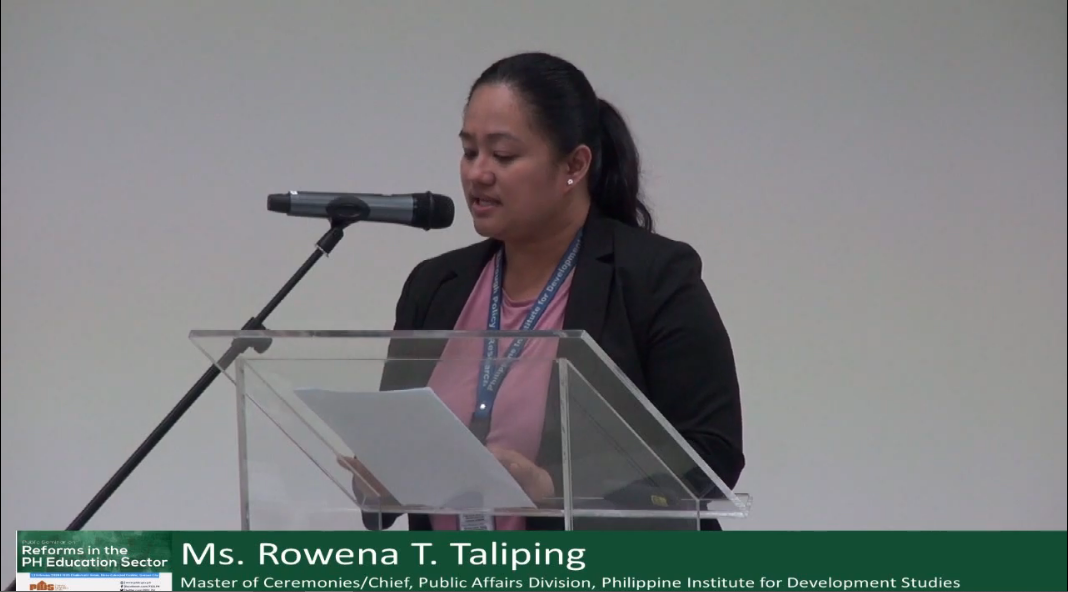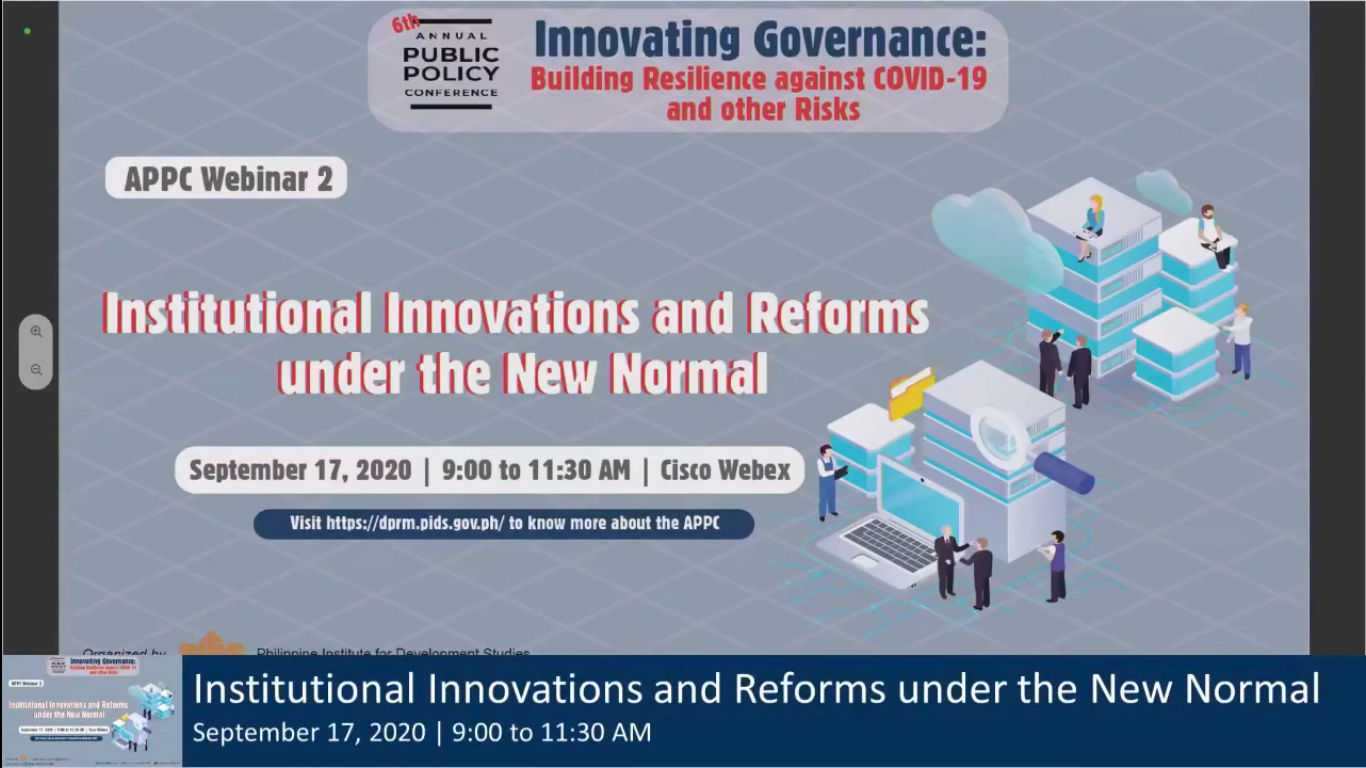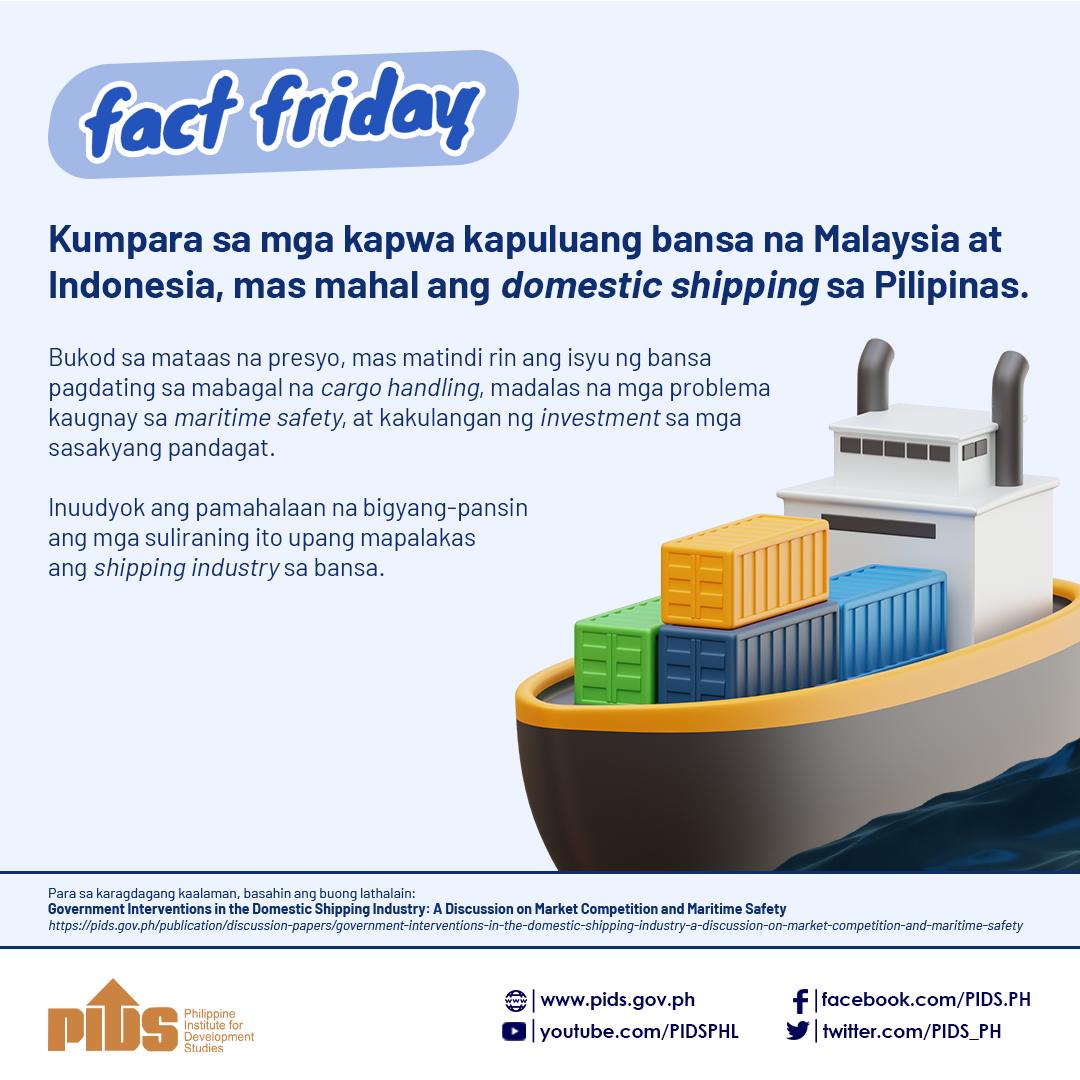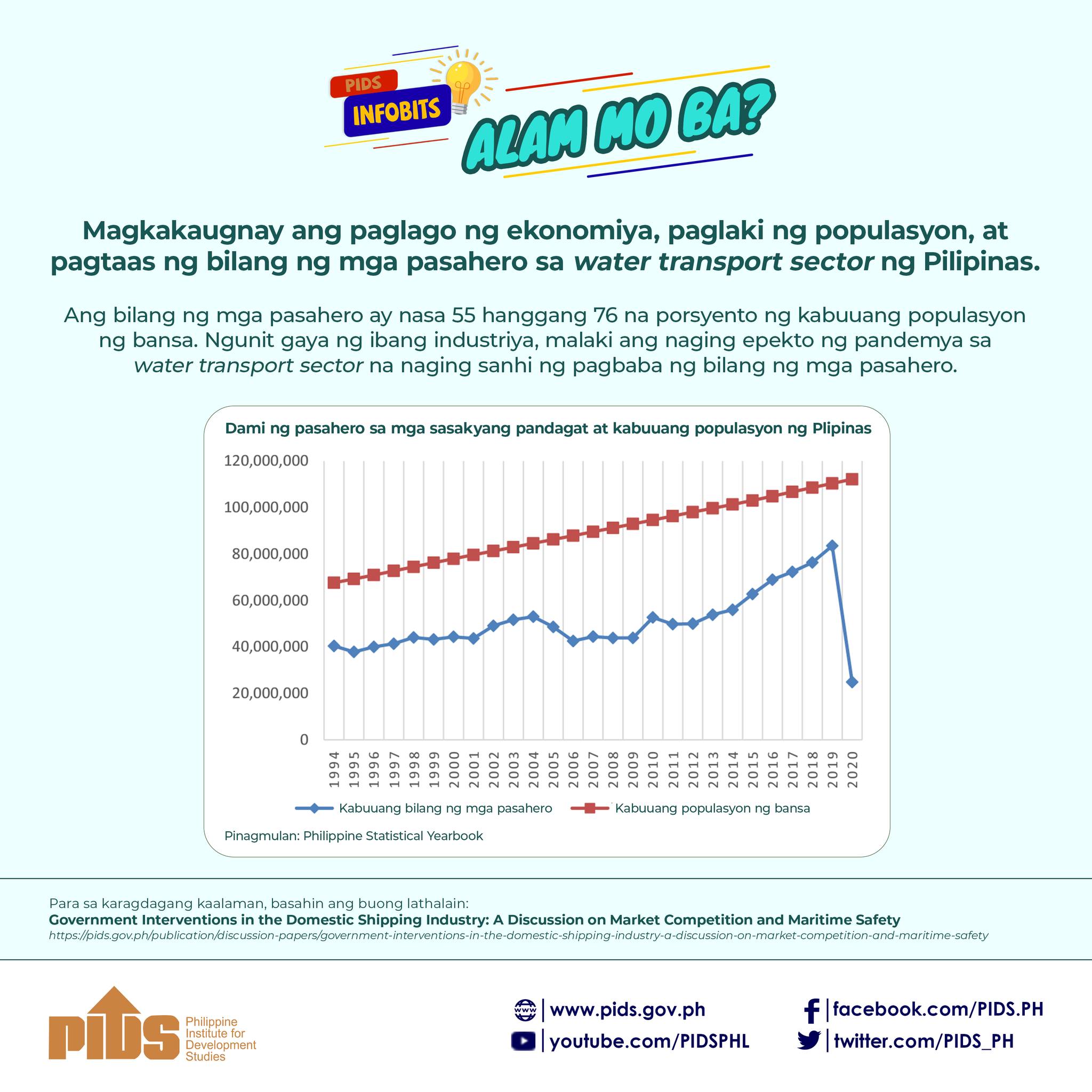Significant reforms that encourage healthy competition would lead to an improved and more competitive maritime sector in the Philippines, according to the Philippine Institute of Development Studies (PIDS). A study authored by Rafaelita Aldaba of PIDS revealed that the current regulatory and institutional framework of the ports sector in the country weakens its competitiveness and hampers effective regulation. "This has led to inefficiencies and lack of investment in domestic and international maritime transport, increased business costs and reduced the country’s overall competitiveness,” the study said. Consequently, a more robust maritime sector that levels the playing field for both domestic and foreign investors can emerge if regulatory and legal barriers to competition and investment are removed. Foremost among the study’s recommendation is to separate the regulatory responsibilities of the Philippine Ports Authority (PPA) from its development and operations functions, since its vast powers present a conflict of interests. "This would require an amendment of PPA’s charter through Congressional action,” said Aldaba. The PPA is the government corporation that finances, manages, and operates the public ports throughout the county except for the port of Cebu. The port system should also undergo a thorough restructuring that includes leasing PPA port facilities to operators, instead of the current practice of the PPA collecting a percentage of operators’ revenues. By revising the practice, it removes the economic incentive for PPA to increase cargo handling rates, the study pointed out. Other overhaul actions suggested include formulating transparent, fair, and competitive guidelines for granting or extending cargo handling contracts and bidding processes for port privatization

